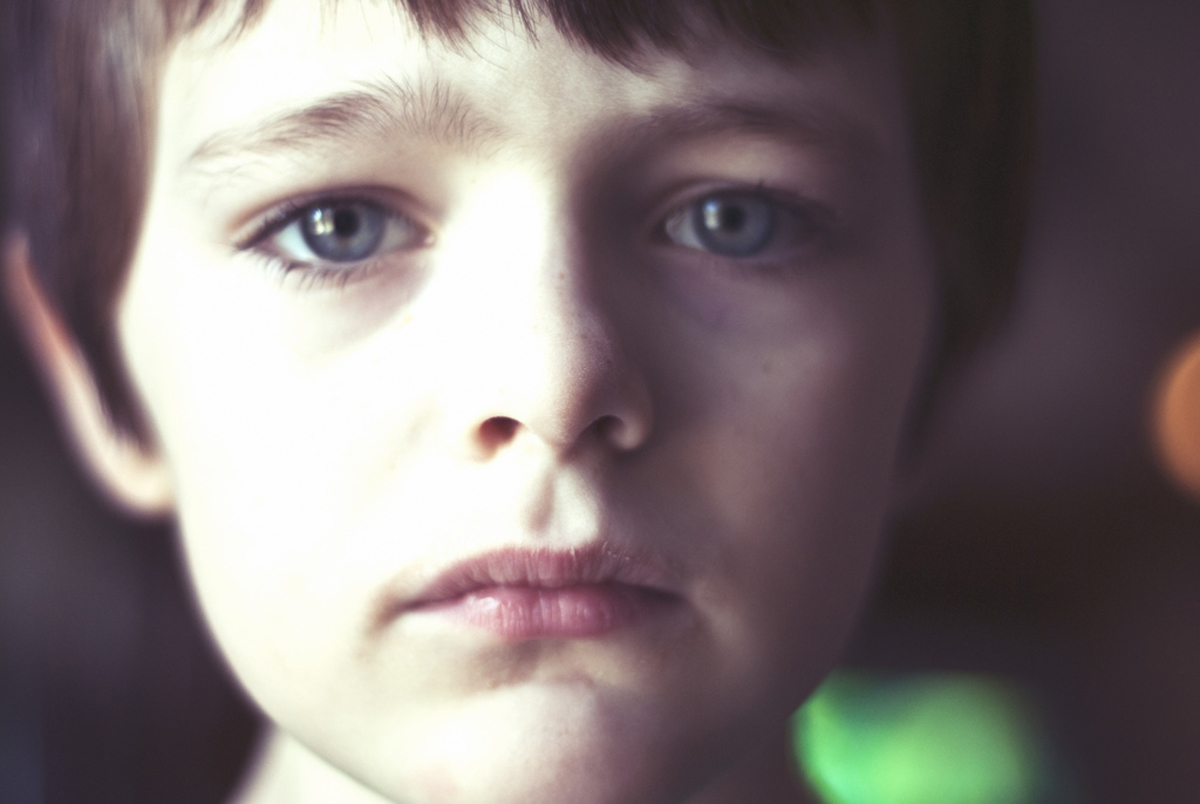Table of Contents
No two autistic children are truly alike. This is because autism is a generalized term used for those children that have an Autistic Spectrum Disorder (ASD). There are a multitude of effects that can be experienced by a child on the spectrum, and the severity can vary widely. Once upon a time, if a child was autistic, they were considered to be non-communicative and unable to function in the daily tasks and responsibilities that are required to be a successful adult. Now, however, it is known that some of the children on the milder end of the spectrum can function very well with the right support and in some cases medication.

What Are The Claims?
As soon as a disorder gains notoriety or the numbers diagnosed increase, the chances of alternative treatments that are claimed to cure the disorder magnify. The same applies to autism, and there has been no shortage of false claims of treatments, cures and causes. There has been a huge increase in the number of children being diagnosed with ASD, but rather than looking for blame or cause, perhaps the increase is purely because research has enabled the disorder to be more readily identified.
Fact Or Fiction?
Very few medications are actually approved for use in children with autism. These medicines predominantly work to control the emotional outbursts including anger, and some children also need help with sleeping or anxiety disorders that are often associated with autism. Before these medicines are prescribed, they are fully researched and trialled, so that the best possible safety precautions have been taken. After all, nobody really wants to have to give a child medications like these, but in some cases, the benefits outweigh the negatives.
READ So Your Child Has Autism: Now What?
- Photo courtesy of Lance Neilson via Flickr: www.flickr.com/photos/wactout81/5646829664
- Photo courtesy of foilman via Flickr: www.flickr.com/photos/foilman/6977796150


Your thoughts on this